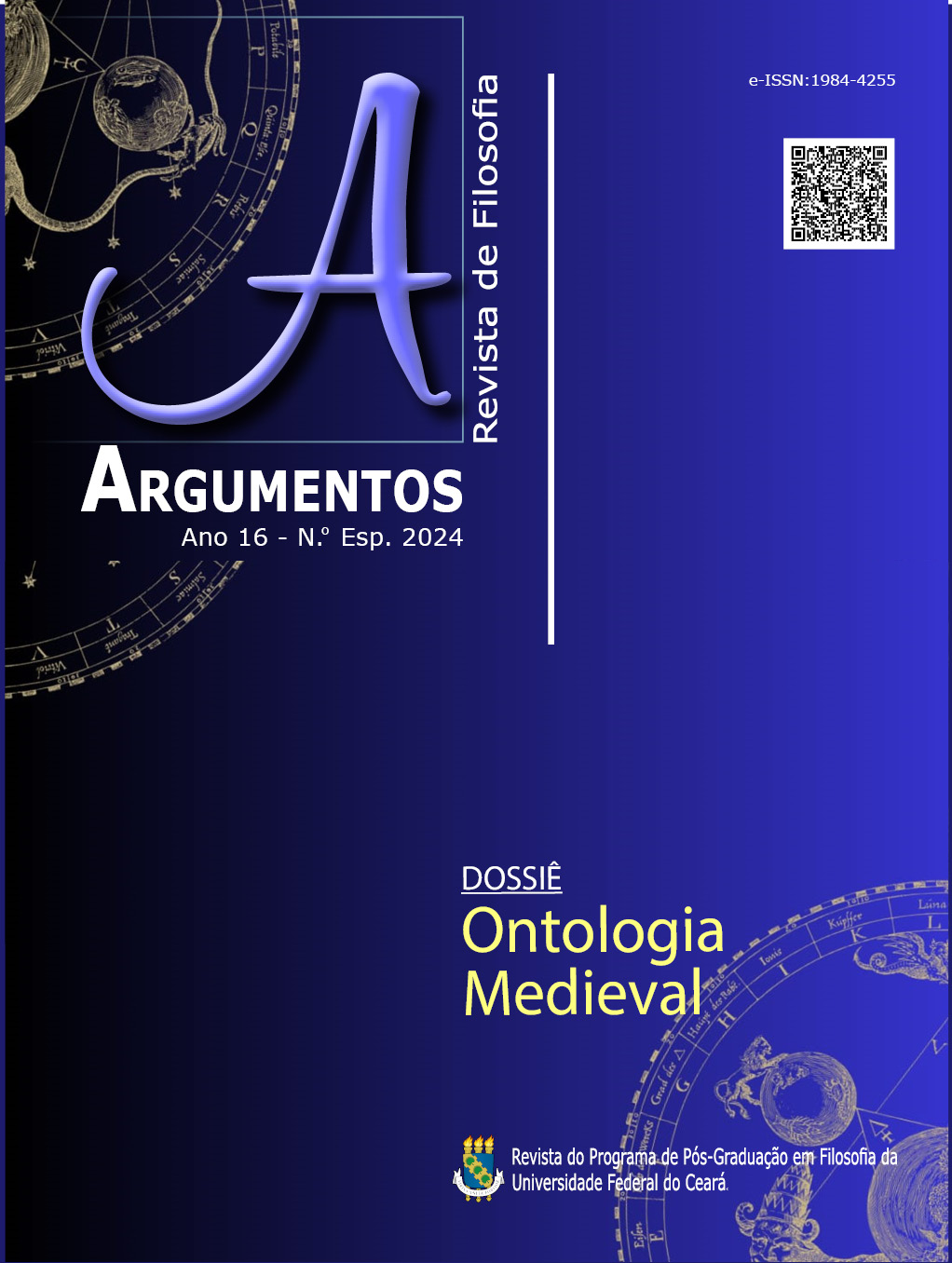Sobre duas maneiras de expandir o princípio do dano
Keywords:
John Stuart Mill. Princípio do Dano. Opinião pública. Liberalismo.Abstract
Neste artigo, passo em revista os antecedentes históricos do que se tem normalmente chamado de Princípio do Dano, de John Stuart Mill, assim como algumas das formas pelas quais o princípio tem sido discutido por filósofos analíticos recentes. Subsequentemente, no núcleo substantivo do artigo, passo a enfocar inteiramente aquilo a que Mill se refere como a “coerção moral da opinião pública”. Neste sentido, abordo questões que reputo insuficientemente exploradas na literatura, a saber, algumas dificuldades que se colocam para o tratamento fornecido por Mill no contexto das nossas noções comuns de polidez e evitação social. Embora o problema da evitação tenha sido abordado por Dan Threet e John Dilulio, entre outros, creio que a minha abordagem dos problemas criados pela posição de Mill sobre a polidez é inteiramente original. Considerando o que se disse, proponho acrescentar duas cláusulas suplementares ao Princípio do Dano. Concluo com a apresentação de uma formulação moderna do referido princípio.
References
CAPALDI, N. John Stuart Mill: a Biography. Cambridge: Cambridge University Press, 2004.
CONSTANT, B. Principles of Politics Applicable to All Governments. Trad. de Dennis O’ Keefe. Indianapolis: Liberty Fund, 2003.
DEMETRIOU, K. N.; LOIZIDES, A. John Stuart Mill: a British Socrates. Palgrave: Macmillan, 2013.
DILULIO, J. P. Completely free: the moral and political vision of John Stuart Mill. Princeton: Princeton University Press, 2022.
DWORKIN, G. “Paternalism”. The Monist v. 56, n. 1, 1972, p. 64-84.
FEINBERG, J. Harm to Others. Oxford: Oxford University Press, 1984.
FEINBERG, J. Harm to Self. Oxford: Oxford University Press, 1986.
FEINBERG, J. Harmless Wrongdoing. Oxford: Oxford University Press, 1988.
FEINBERG, J. Offense to Others. Oxford: Oxford University Press, 1985.
FOLLAND, A. The Harm Principle and the Nature of Harm. Utilitas, v. 34, 2022, p. 139-153.
HUMBOLDT, W. von. The limits of state action. Cambridge: Cambridge University Press, 1969.
LOCKE, J. Two Treatises of Government and a Letter Concerning Toleration. New Haven: Yale University Press, 2003.
MILL, J. S. Autobiography (1873). In: Collected Works of John Stuart Mill. v. 1. New York: Routledge, 2008.
MILL, J. S. “Civilization” (1836). In: Collected Works of John Stuart Mill. v. 18. New York: Routledge, 2014.
MILL, J. S. “Coleridge” (1840). In: Collected Works of John Stuart Mill. v. 10. New York: Routledge, 2014.
MILL, J. S. On Liberty. (1859). In: Collected Works of John Stuart Mill, v. 18. New York: Routledge, 2014.
MILL, J. S. “Perfectibility” (1829). In: Collected Works of John Stuart Mill. John M. Robson (Ed), v. 26. New York: Routledge, 2016.
MILL, J. S. The Principles of Political Economy (1848). In: Collected Works of John Stuart Mill. v. 3. New York: Routledge, 2009.
MILTON, J. Areopagitica and other writings. London: Penguin Classics, 2016.
RILEY, J. Mill’s on Liberty. New York: Routledge, 1998.
RILEY, J. Mill’s on Liberty. 2. ed. New York: Routledge, 2015.
THREET, D. Mill’s Social Pressure Puzzle. Social Theory and Press, v. 44, n. 4, 2018, p. 539-565.
TOCQUEVILLE, A. de. Democracy in America. Trad. Harvey Mansfield e Delba Winthrop. Chicago: Chicago University Press, 2000.
TURNER, P. N. Harm and Mill’s Harm Principle, Ethics, v. 124, n. 2, 2014, p. 299-326.
Downloads
Published
Issue
Section
License
Copyright (c) 2024 Rodrigo Jungmann de Castro

This work is licensed under a Creative Commons Attribution 4.0 International License.
Argumentos magazine is licensed under an International Creative Commons Attribution License.
The Magazine uses CC BY inclusion
1) The authors retain the copyright granted to the magazine or the right to initial publication, with the work regularly licensed under the Creative Commons Attribution, which allows the sharing of the work with acknowledgment of authorship and initial publication in this magazine.
2) The authors are authorized to contract additional applicable contracts, for non-exclusive distribution of the version of the work published in this journal (for example, publication in the institutional repository or as a chapter of the book), recognition of authorship and initial publication in this journal.
3) Authors are authorized and encourage to publish and distribute their work online (for example, in institutional repositories or on their personal pages) at any time before or during the editorial process, as they can generate productive changes, as well as increase the impact and reference of published work.




.jpg)










._._3.png)
1.jpg)
._._._.png)
